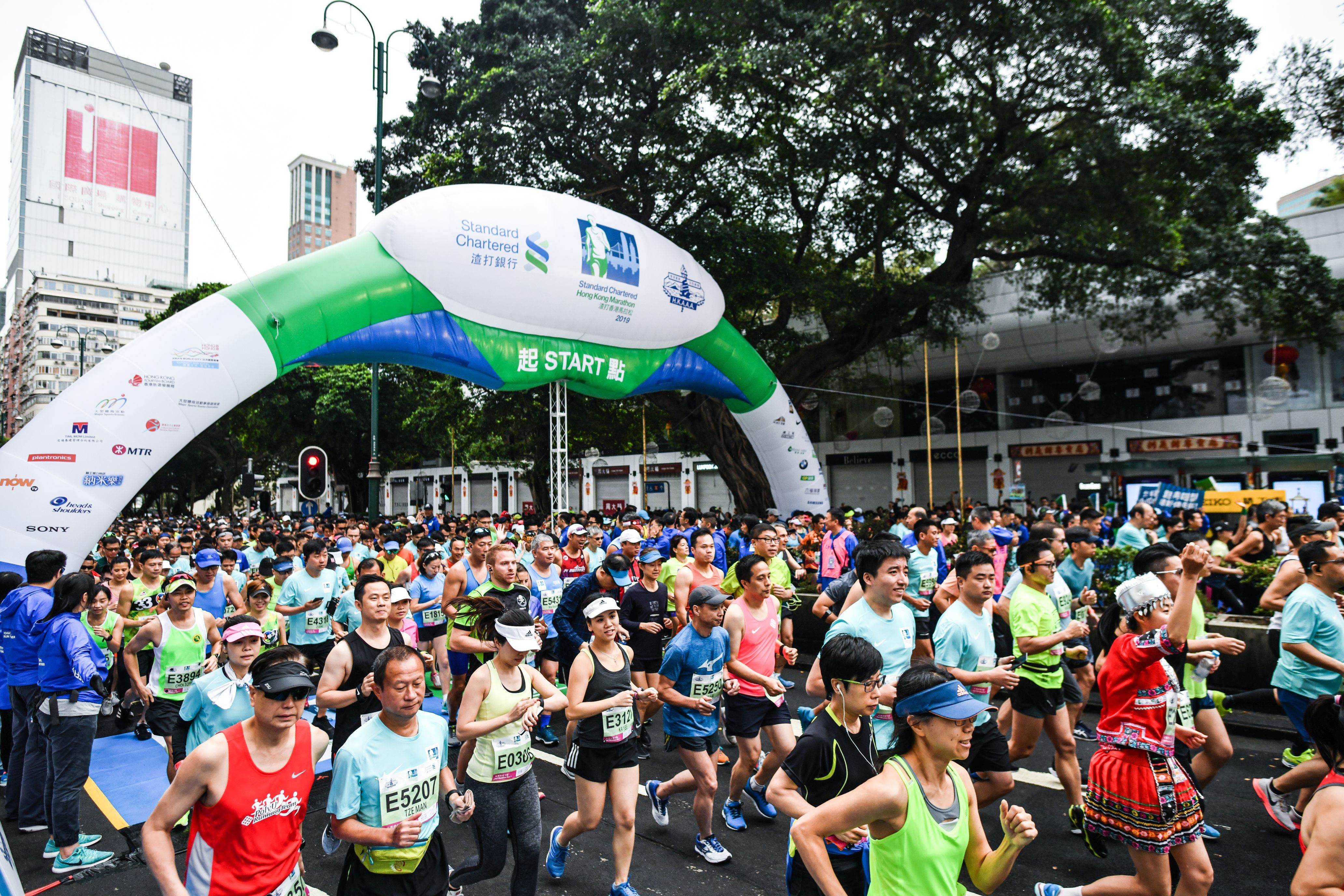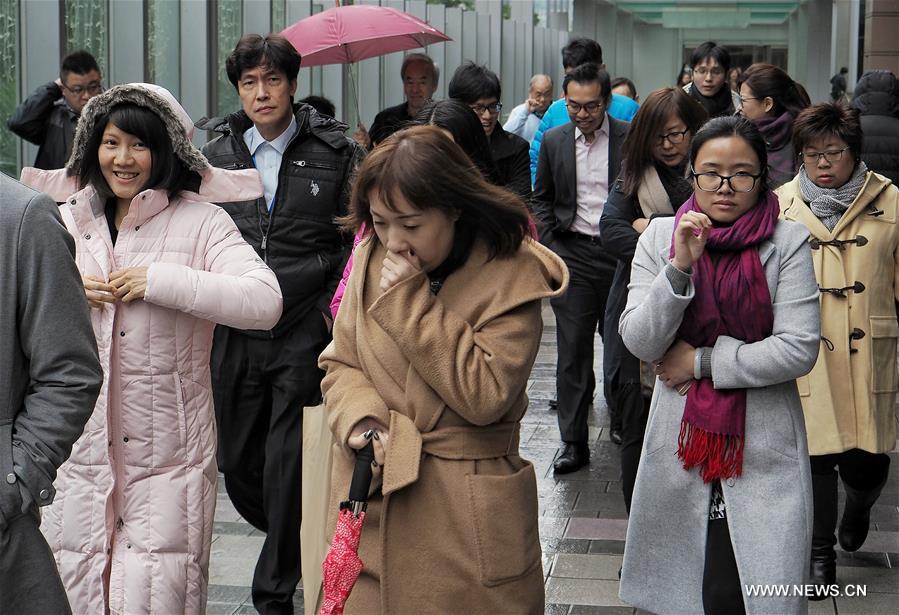
This Sunday, participants in the Standard Chartered Hong Kong Marathon will face an unexpected challenge: cold weather. The Hong Kong Observatory predicts temperatures will drop to 10 degrees Celsius (50 Fahrenheit) on race day, with conditions described as “very dry.” While cooler temperatures can be beneficial for running, they also bring unique risks that runners should be aware of
The Weather Forecast
An intense winter monsoon is expected to hit southern China this weekend, bringing chilly mornings and nights. Temperatures will range between 10 and 16 degrees Celsius on Sunday, making it one of the coldest marathons in recent years. Although the optimal temperature for running is between 10 and 15 degrees Celsius, the sudden drop could catch many participants off guard.

Risks of Running in Cold Weather
Hypothermia:
- Prolonged exposure to cold, especially when combined with sweat, can lead to hypothermia. Symptoms include shivering, confusion, and fatigue.
Muscle Stiffness and Injuries:
- Cold weather can cause muscles to tighten, increasing the risk of strains, sprains, or other injuries.
Dehydration:
- Despite the cold, dry air can lead to dehydration, which can impair performance and recovery.
Respiratory Issues:
- Breathing in cold air can irritate the lungs, particularly for runners with asthma or other respiratory conditions.
Preparation Tips for Runners
Dress in Layers:
- Wear moisture-wicking base layers to keep sweat away from your skin, insulating mid-layers for warmth, and a windproof outer layer to protect against the cold breeze.
Stay Hydrated:
- Drink water or electrolyte solutions regularly, even if you don’t feel thirsty.
Warm Up Thoroughly:
- Spend extra time stretching and doing dynamic warm-up exercises to loosen stiff muscles.
Monitor Your Body:
- Pay attention to signs of hypothermia, such as excessive shivering, slurred speech, or confusion. Seek medical help immediately if you experience these symptoms.

The Role of Insurance in Marathon Safety
While preparation is crucial, accidents and health issues can still occur during a marathon. Health and accident insurance can provide a safety net for runners, covering medical expenses for cold-related illnesses, injuries, or emergencies. Policies that include emergency assistance can also offer on-site medical support, ensuring participants receive timely care if needed.


